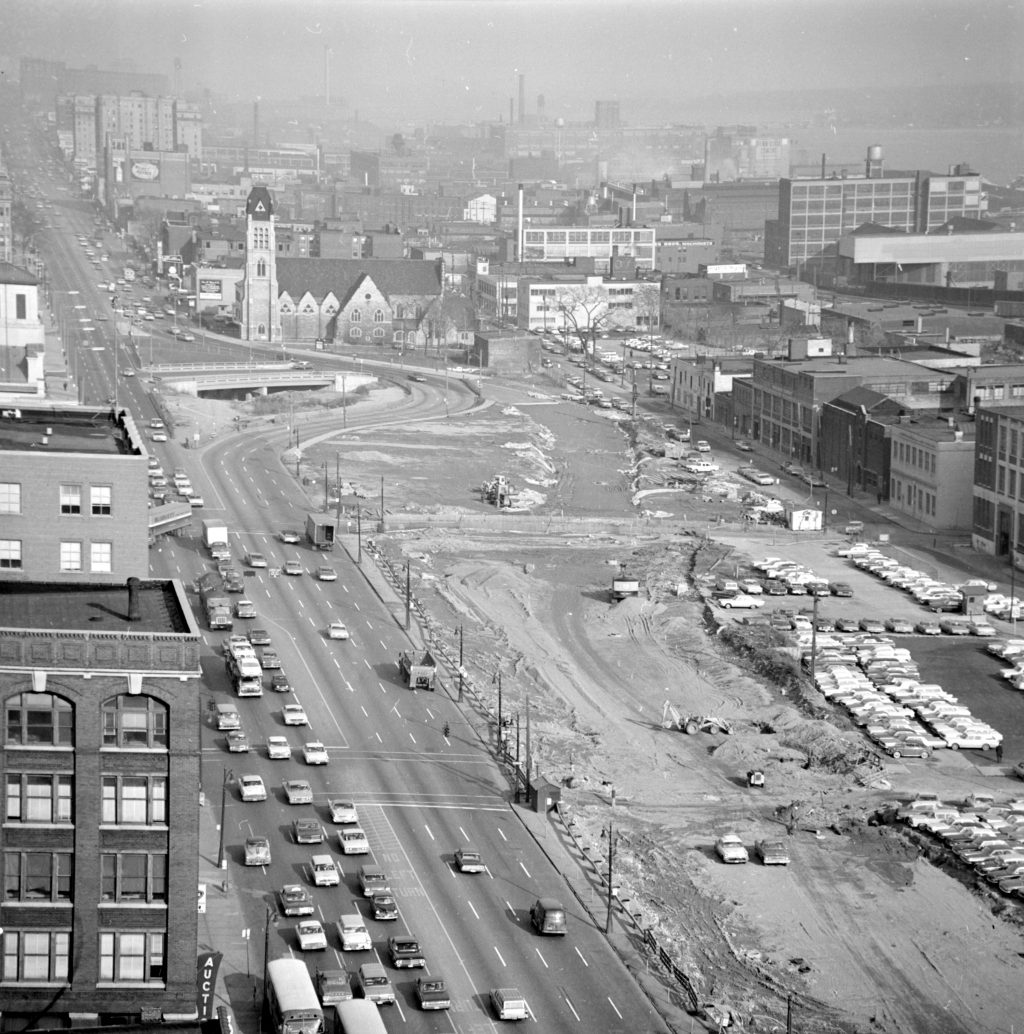The Case for Using Historic Designation to Boost Economic Opportunity
Writer Caleb Gayle says historic sites that reflect Black life are struggling to be recognized and preserved.

The Atlantic’s Inheritance Chapter Two explores “Black History in the Spaces and Places Where Memories Live.” One of the latest pieces in the chapter is “The Neighborhood Fighting Not to Be Forgotten” by Caleb Gayle. Gayle follows the story of the ongoing struggle to designate the Greenwood district in Oklahoma, the site of the 1921 Tulsa Race Massacre and former “Black Wall Street,” as a historic place. Sites included on the National Register for Historic Places are given a 20% tax credit, which encourages the development of other community efforts, and could mean a lot more to communities of color.
“We need a little more innovation and reform within the process for communities of color … there needs to be a more human capital deployed for more innovative nomination processes [for historic designation].” –Caleb Gayle
Listen: How historic preservation could impact communities of color.
Guest
Caleb Gayle is a writer and New America fellow. His recent piece in the Atlantic is titled “The Neighborhood Fighting Not to Be Forgotten.” He says Greenwood residents are struggling to have the community designated as a historic site because so much of it has been destroyed. “In 1959 the urban renewal … or removal … program empowered the city to leverage tactics of eminent domain, which across the country displaced [thousands].”
He says this is not unique to Tulsa, and historic communities of color everywhere are overlooked because of their lack of “integrity.” “Black life in America has … been tampered with or inhibited in their ability to be maintained and grown,” he says.
Gayle says because so many historic Black neighborhoods were actively destroyed, they need different paths to preservation. “We need a little more innovation and reform within the process for communities of color … there needs to be a more human capital deployed for more innovative nomination processes [for historic designation].”
A 20% tax credit for historic sites is just one part of the reinvestments needed in communities of color, according to Gayle. “Getting restitution or reparations for the Tulsa Race Massacre … in some cases it has split viewpoints within the Black community. We are not a monolith.”
Trusted, accurate, up-to-date
WDET is here to keep you informed on essential information, news and resources related to COVID-19.
This is a stressful, insecure time for many. So it’s more important than ever for you, our listeners and readers, who are able to donate to keep supporting WDET’s mission. Please make a gift today.
